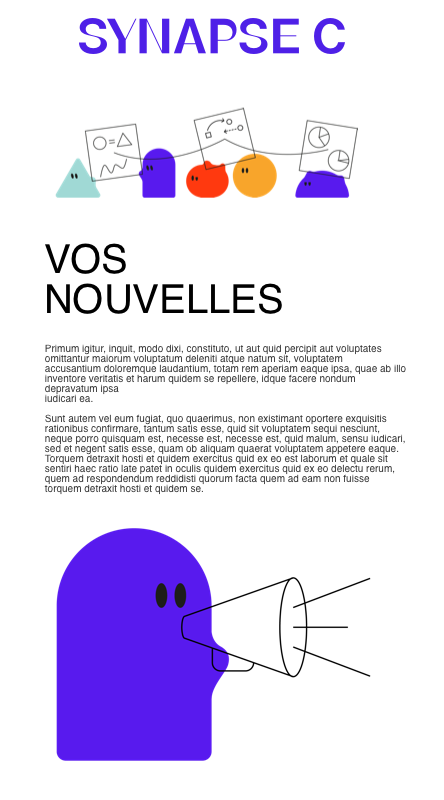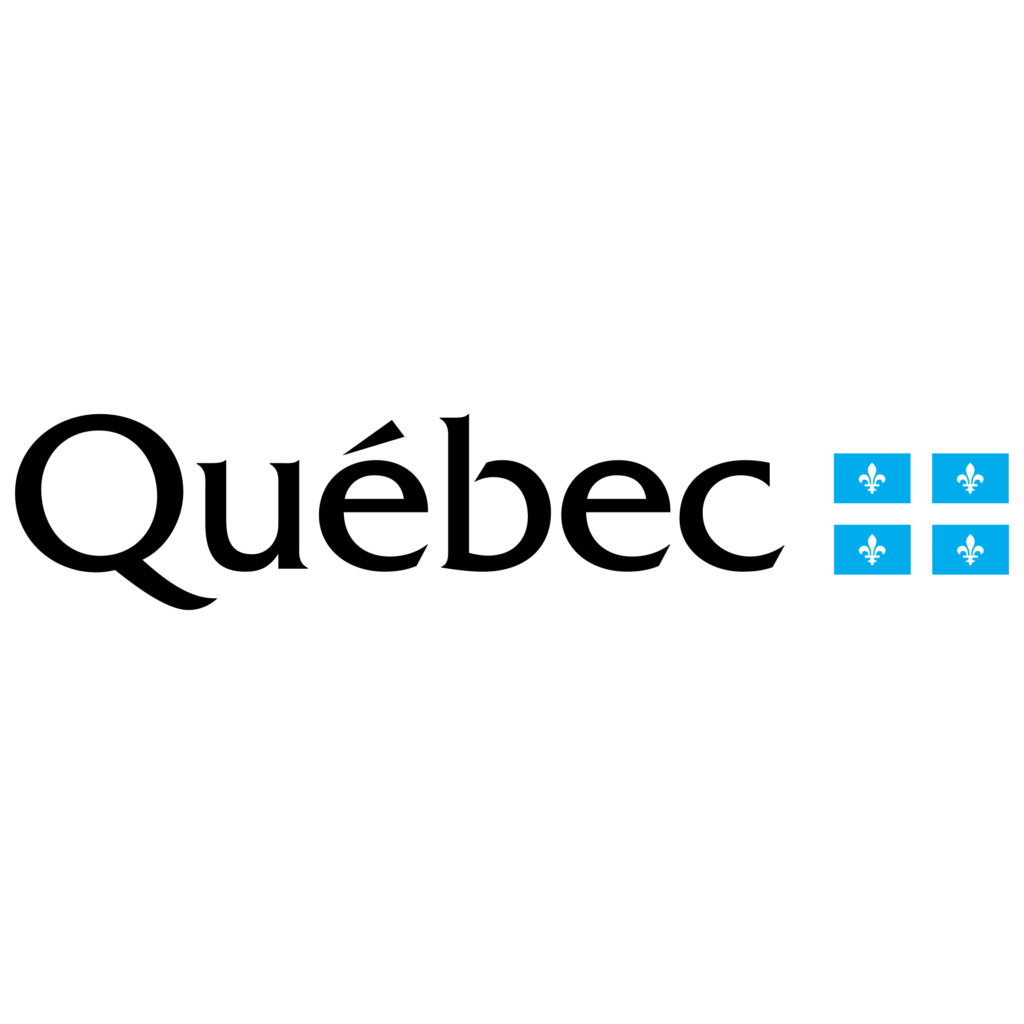Legislative framework on the discoverability of French-language cultural content
On July 8, Synapse C submitted an essay to the Ministère de la Culture et des Communications du Québec following the launch of a consultation process on the development of a legislative framework for the access and discoverability of French-language cultural content. This consultation follows the report of the advisory committee on the discoverability of online cultural content published in January 2024.
Our reflections and recommendations were guided by our holistic view of the sector and our vision of a strong and resilient Quebec arts and culture ecosystem in the digital context.
We have coordinated as much as possible with some of our partners, supporting other essays, reinforcing shared findings while providing complementary elements in view of our cross-sectoral and neutral role in the value chain.
Objectives
In this essay, we first define the objectives that should be pursued by the potential legal framework: to encourage the discovery and consumption of “local” works throughout the world, and in particular by the citizens of Quebec, in order to ensure the cultural vitality of Quebec and the French-speaking world.
The legal framework will need to be simple, accessible, flexible and able to evolve with technological changes, and it will also need to concern the cultural sector in its entirety. Presential/physical expressions and events are also to be included, insofar as the discovery of their offer is partly made on digital spaces. Original French-language content, as well as Aboriginal and other languages produced in Quebec, should also be included in a perspective of diversity of cultural expression.
Finally, this legal framework should apply to any intermediary company that uses “local” works in its business model towards a user market. While marketing and promotional efforts remain the responsibility of creators and actors in the cultural sectors and industries, the legal framework acts as a complementary support to technological intermediaries who exploit works and act as cultural curators/mediators in their role as non-neutral intermediaries.
Duties
Synapse C considers that the implementation of obligations concerning access to and discoverability of original French-language cultural content would be welcome and necessary. Indeed, the imbalance between local and foreign/international content consumption, as well as the imbalance in income distribution, are known and documented issues. According to our experts, data standardization is needed to identify, on the industry side, and help identify, on the user side, local works that we would like to promote.
That said, we feel it is vital to promote access to usage data. It’s the cornerstone of our knowledge of user behavior: it enables us to diagnose and understand the situation, and to use business intelligence to promote discoverability. It also makes it possible to measure the effectiveness of these actions in terms of fine understanding. Business intelligence also allows to make up one’s own mind, without the filter of service/data providers who are not technologically or commercially neutral.
As far as personal information is concerned, digital promotion and marketing levers for discoverability constitute a specific use case that requires data at the level of personal information. This adds a legal and commercial dimension to the sensitivity of the data, not to mention technical and semantic interoperability obligations to enable real exploitation. On this subject, we have already carried out a number of projects, particularly within the framework of Bill 25.
Implementation follow-up
The essay puts forward a legislative framework that would be transversal, involving at least the competencies of the Ministère de la Culture et des Communications, the Ministère de la Cybersécurité et du Numérique, the Ministère de l’Économie, de l’Innovation et de l’Énergie and the Ministère de la Langue française at the provincial level, under the governance of the Ministère de la Culture because of its ability to collaborate with other ministries and its links with the community, and of the federal government for certain areas of jurisdiction.
However, we emphasize the complexity of the issues at stake and the expertise required to develop, implement and monitor a framework. It therefore seems essential to take advantage of the knowledge and actions of other existing bodies, structuring players and civil society, and to involve them.
Assuming that the structure responsible for monitoring implementation is the Ministère de la Culture et des Communications, implementation itself, which requires different areas of expertise and action, could be delegated in whole or in part to a consortium of relevant and legitimate players. In such a case, coordination would be necessary.
We believe that responsibility must be shared. A concentration of powers would not allow the full knowledge of users to trickle down to industry players, and would leave the sector in a status quo in terms of knowledge of audiences and strategic information for organizing and implementing discoverability actions.
Other suggestions or comments
Synapse C supports the initiative to develop the legal framework for a right to discoverability. However, the subject is complex and a bit of a minefield; care must be taken to avoid false good ideas (a narrow definition of “Quebecois” or “content”) or unwanted rebound effects. Among other proposals, we maintain that funding and support for creation must remain fundamental, that implementation of the framework must be rolled out in phases, in a flexible and adaptable way, and that decisions must come with ways for cultural players to respond to them, or limit the transfer of responsibility or delegation of obligations from technology players to cultural players.
Thanks
Synapse C would like to thank all the people and organizations who contributed to the development of this essay, enriching our reflection on the discoverability of Quebec and French-language cultural content. In particular, we were able to exchange experiences and perspectives with ADISQ, BAnQ, Culture Montréal, Data-Coop Culture, Médiafilm, La Vitrine and Réseau des ADN.
Special thanks to Viêt Cao, who was responsible for writing and coordinating exchanges with our partners.





